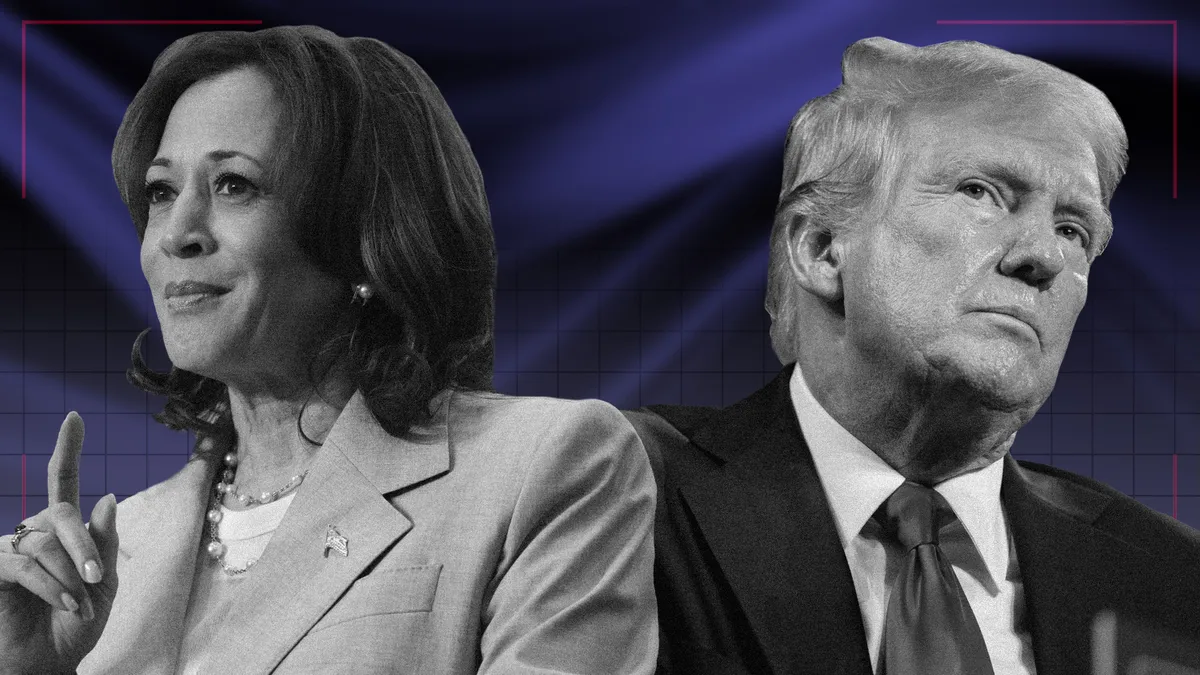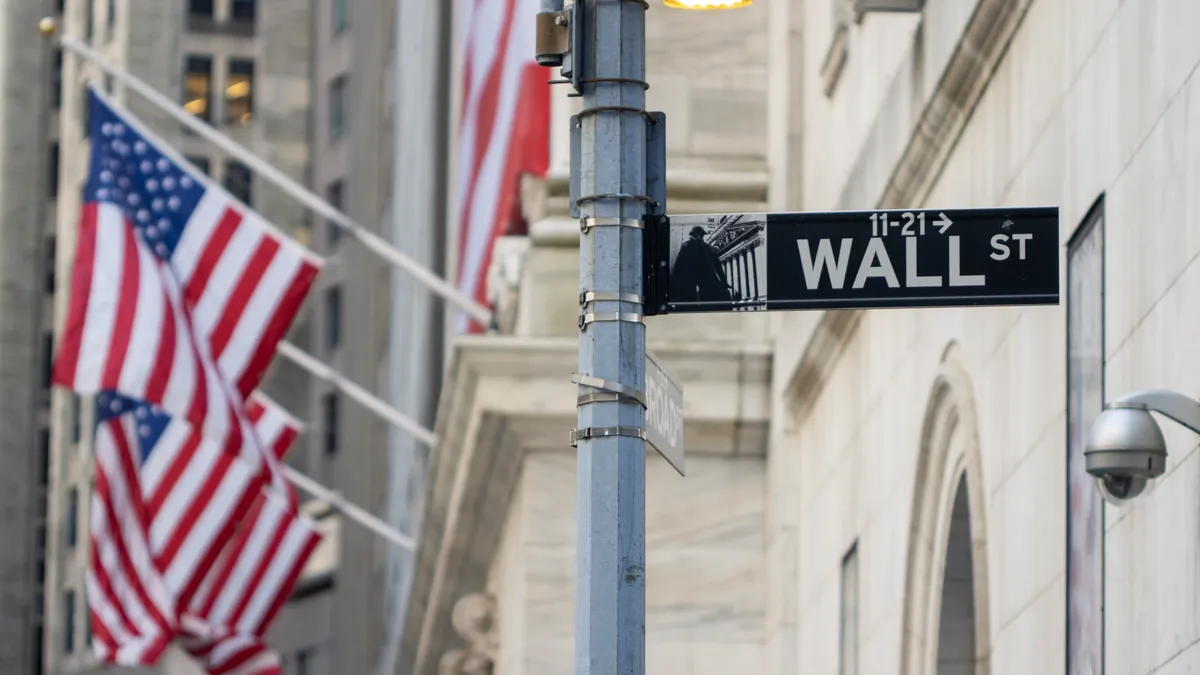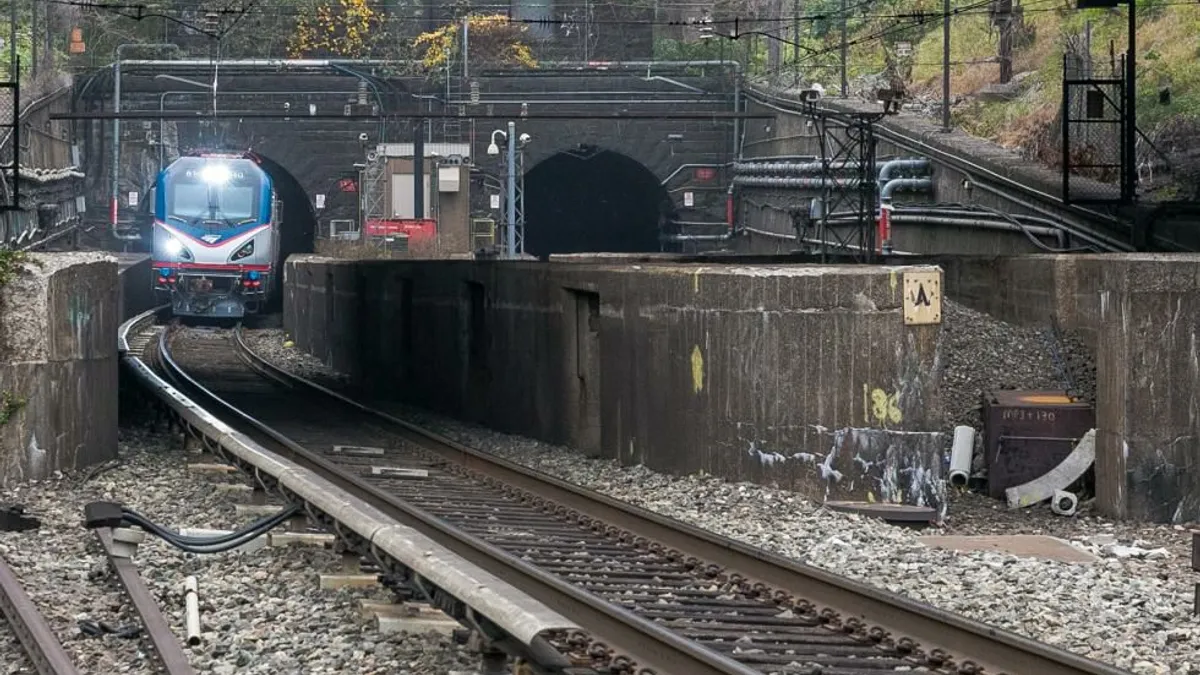To truly build back better, contractors will have to build back different.
That’s the takeaway from a panel presented during a recent virtual conference where the topics of sustainable investment and infrastructure construction intersected. The event, sponsored by U.K.-based Royal Institution of Chartered Surveyors, looked at the growing importance of ESG, which stands for Environmental, Social and Governance, an investment approach that screens publicly traded companies for predefined objectives in those three areas. It shuns firms that don’t adhere to such principles or those that operate in industries that are philosophically opposed to them, such as fossil fuels.
It also considers the impact firms’ actions have on the environment and society, the policies they have in place to promote social equity, such as diversity among board members and executives or workers' rights, and transparency and clear reporting in corporate governance and operations.
Originally spearheaded by European investment funds, ESG has gained significant momentum among U.S. money managers in recent years. Global ESG assets reached $30.7 trillion in 2018, according to the Global Sustainable Investment Alliance.
Then the coronavirus hit. Increased focus on ESG principals among investors — and AEC firms — is a trend panelists in the virtual event said has only been accelerated during the pandemic.
“With this pandemic, we really saw the trillions of dollars this is costing us in terms of the growing divide between our people in developed and underdeveloped countries,” said Deborah Geideman, global head and vice president of international relations at Jacobs, who delivered the panel’s keynote address. “We were reminded that we can't operate in isolation and we need to come together as a society if we are to recover.”
Investors take notice
In her presentation, she detailed the rise of ESG principles in the larger investment community, and the AEC industry specifically, including the annual letters of Larry Fink, CEO of BlackRock, the world’s largest asset manager with $8.67 trillion in funds.
In 2018, Fink began calling on companies and corporations not just to focus on profits, but also to do better by the global community or risk being blacklisted from his investments. “Society is demanding that companies, both public and private, serve a social purpose,” he wrote.
Then, in 2019, the influential Business Roundtable, an association of nearly 200 CEOs from the largest U.S. companies, including Fink, issued a statement saying that firms have an ethical obligation to serve all stakeholders by investing in their employees, protecting the environment and dealing fairly with their suppliers.
“Fast forward to today,” Geideman said. “Investment banks are asking companies to share their ESG programs, and threatening not to support IPOs of companies without a diverse board, or who have those types of discussions. It’s a remarkable difference.”
She pointed to Jacobs’ own ESG transformation. Shortly after acquiring engineering firm CH2M Hill to expand its environmental solutions and water footprint in 2017, it sold its oil and gas, mining and chemicals business to Australia’s WorleyParsons in 2018.
“That represented about a third of our revenue and labor force, which, for a company like Jacobs that’s been around for 70 years, was a massive risk,” Geideman said.
But that risk paid off. Now, the firm is focused on its higher margin infrastructure, aerospace, water, nuclear and environmental business lines.
Jacobs isn’t the only AEC firm aggressively pushing into sustainable initiatives. AECOM and Fluor said on recent conference calls they were experiencing increased interest in their environmental services practices from clients, while Balfour Beatty and Lendlease announced carbon-cutting initiatives.
Infrastructure's role
During the panel, Geideman made the case that the government and contractors must apply the same ESG lens and transformation to President Joe Biden's forthcoming infrastructure push, or risk further harming the planet and society with outdated practices.
“We need an infrastructure stimulus plan within an ESG framework that looks at social justice across a wide range of stakeholders,” Geideman said. “The real concern we have is that stimulus money will be given to preprogrammed shovel-ready work without this framework.”
Francisco X. Pineda, a faculty member at Columbia University who served on Biden’s Infrastructure Policy Committee 2020 to shape the president’s platform, strategy and first 100 days plan, advocated during the session for the AEC industry to develop its own standards, akin to the U.S. Green Building Council’s LEED certification program, before ESG mandates are regulated on to it.
“LEED is a specific example that has kind of become a benchmark, but it took many, many years of active integration and understanding to be accepted,” Pineda said. “I think we should be open to reinforcing the concept and what we want to achieve on the E, the S and the G. I think for now, that's probably a better way than forcefully pushing down an agenda.”
What's ahead
There are jurisdictions considering legislation to ensure more equitable distribution of infrastructure dollars. Stacy Smedley, director of sustainability at Skanska USA, pointed to Washington state’s proposed Buy Clean-Buy Fair Act, which would mandate that any building materials procured with tax dollars are manufactured in a cleaner, less carbon-intensive way, and via fair labor practices.
“They started with just the carbon footprint, but now it’s actually moved into the labor side, too,” Smedley said. “That's been the one that the construction industry has had to wrap their head around, when it comes to how we start reporting labor practices and potentially build that into procurement.”
Whatever lies ahead for ESG and infrastructure investment in the U.S., it’s sure to evoke a similar discussion at the federal level. Last week, following commitments by Biden to redouble efforts to combat climate change — he signed an executive order hours after his inauguration rejoining the Paris climate accord — the Securities and Exchange Commission appointed Satyam Khanna to serve in a newly created role as senior policy advisor for climate and ESG.
From the perspective of Geideman, who’s based in the Washington, D.C.-area, the changing of the guard at the advent of the Biden administration has already had a palpable effect.
“It’s just a very exciting time for everybody,” Geideman said. “There is almost a giddiness. Everyone is looking to find solutions and stay within budget and be resourceful. It will be interesting to see all these new solutions being applied to what's coming.”






















